China Custom CNC Milling Services
Delivering precision CNC milling for complex parts with advanced 3, 4, and 5-axis capabilities.
From rapid prototypes to large-scale production, we ensure unmatched accuracy and quality.
- Tight tolerance control
- Fast prototype turnaround
- Multi-axis machining flexibility
CNC Milling Service Online: Multi-Axis Machining for Custom Parts
Our CNC milling capabilities include 3-axis, 4-axis, and 5-axis machining to handle complex geometries and tight tolerances. With state-of-the-art machines and skilled engineers, we manufacture precision parts from a wide range of materials.
3 Axis CNC Mill

The foundation of our milling services, 3 Axis CNC Machining operates on X, Y, and Z axes to create straightforward, yet precise parts. Ideal for flat surfaces, holes, slots, and basic 3D shapes, this cost-effective solution is perfect for low-to-medium volume production and prototypes where complexity is minimal. We use high-speed spindles and premium cutting tools to ensure fast turnaround without compromising accuracy.
Advantages:
- Fast turnaround times
- Cost-effective for simple designs
- Ideal for milling slots, holes, and flat surfaces
Taking precision a step further, 4 Axis CNC Machining adds a rotational A-axis to the standard 3-axis setup, allowing the workpiece to rotate around the X-axis. This capability enables machining of complex features like grooves, contours, and angled holes in a single setup—reducing part handling, minimizing errors, and speeding up production. It’s widely used for automotive components, aerospace parts, and industrial fixtures that require consistent, multi-sided machining.
Applications:
- Complex shapes
- Cylindrical parts
- Enhanced precision for intricate features
4 Axis CNC Mill

5 Axis CNC Mill

Our 5 Axis CNC Machining service offers the ultimate in flexibility and precision, integrating X, Y, Z linear axes with two additional rotational axes (typically A and C). This allows the cutting tool to approach the workpiece from any angle, making it possible to machine highly complex, 3D geometries in one operation—eliminating the need for multiple setups and reducing lead times.
Benefits:
- Reduced setups and increased efficiency
- Tight tolerances for aerospace and medical components
- Perfect for complex geometries and multi-angle surfaces
From Prototype to Production: Complete CNC Machining Solutions
Rapid Prototyping
Accelerate your product development with our rapid prototyping services. We turn your concepts into functional prototypes within days, using production-grade materials for accurate testing and validation.

Low and High Volume Production
Whether you need small batches or large-scale production runs, our manufacturing capabilities scale to meet your requirements. We maintain consistent quality across all volumes with competitive pricing and reliable lead times.

CNC Milling Materials
Select the best material for your CNC milling projects, ensuring strength, durability, and cost-effectiveness for your specific applications.
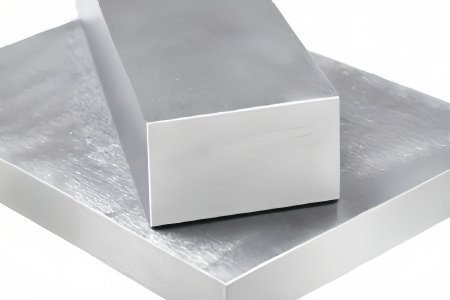
Aluminum
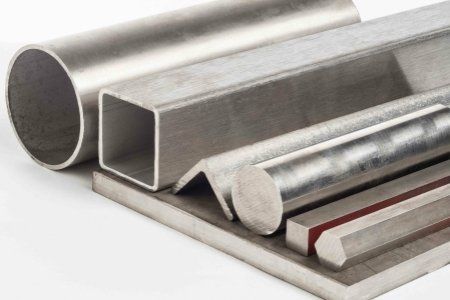
Steel
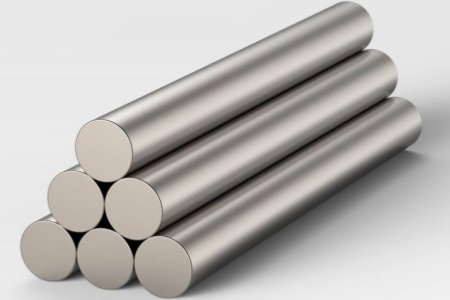
Titanium
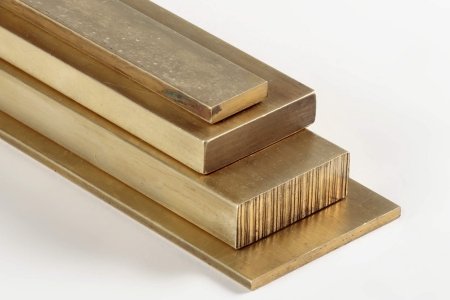
Brass
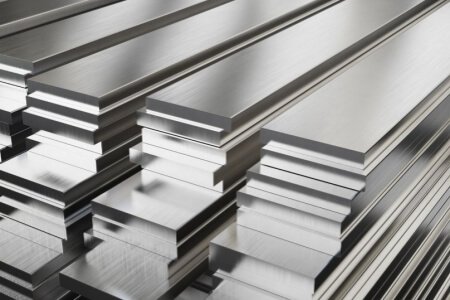
Stainless Steel
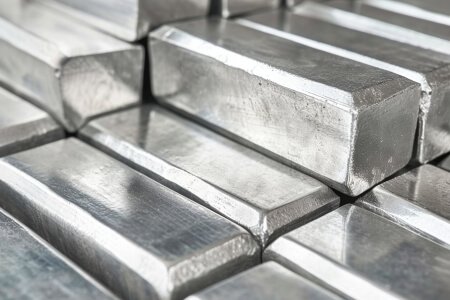
Magnesium

ABS
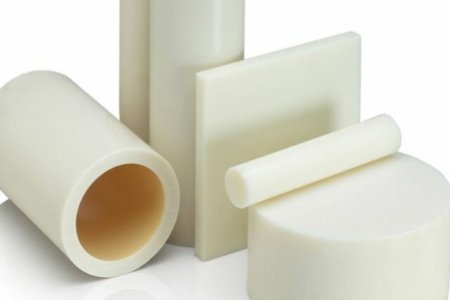
Nylon

PEEK
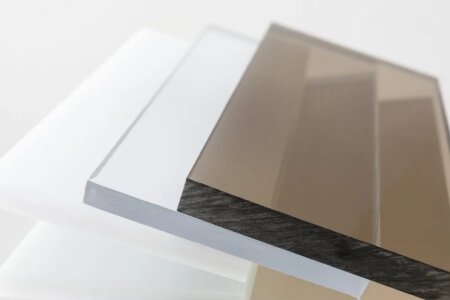
PC (Polycarbonate)

POM (Delrin)
CNC Milling Surface Finishes
Enhance the appearance, durability, and functionality of your parts with our range of surface finishing services.
As Machined + Deburring

This finish delivers raw machined accuracy with burr removal for safety and easy handling. It’s the most economical choice for functional components and prototypes where appearance is secondary but dimensional precision remains essential.
Sandblasting

Sandblasting cleans and smooths the surface using high-pressure abrasive media, creating a matte, non-reflective finish. It is excellent for hiding tool marks and preparing parts for coatings, commonly used on aluminum and stainless steel.
Anodizing

Anodizing converts aluminum’s surface into a strong oxide layer, improving wear resistance and adding customizable colors. This process provides a sleek appearance and excellent corrosion protection, perfect for aerospace, electronics, and consumer-grade aluminum components.
Electroplating

Electroplating coats the component with a thin metallic layer such as nickel, chrome, or gold. It offers improved corrosion resistance and a polished look, widely applied to automotive, electrical connectors, and decorative hardware for premium surface quality.
Electrochemical Polishing

Electropolishing applies an electrochemical process to remove micro imperfections, creating a bright, reflective surface. This improves corrosion resistance and surface hygiene, making it ideal for medical instruments and high-precision stainless steel components.
Brushed Finish

A brushed finish uses controlled abrasion to produce parallel grain lines, delivering a clean, satin look. It’s ideal for visible parts in appliances, electronics, and decorative applications, offering consistent texture while reducing glare and minor flaws.
Powder Coating

Powder coating involves electrostatic application of powder followed by heat curing, forming a thick, durable finish. This method ensures superior resistance to scratches, impacts, and chemicals, making it suitable for outdoor equipment, machinery, and metal structures.
Laser Engraving

Laser engraving creates sharp, permanent markings using a focused beam without damaging part integrity. It’s commonly used for branding, identification codes, and traceability, providing high accuracy and durability on metals and some engineering-grade plastics.
CNC Milling Tolerances
We adhere to strict quality standards to ensure part accuracy. Our standard machining tolerance is ISO 2768-mK for metals and ISO 2768-mK for plastics. For critical features, we can hold tighter tolerances down to ±0.025 mm (±0.001″) based on part geometry, material, and specific requirements.
Standard Tolerance Guidelines
| Feature Type | Standard Tolerance | Precision Tolerance | High-Precision Tolerance |
|---|---|---|---|
| Linear Dimensions | ±0.1 mm (±0.004") | ±0.05 mm (±0.002") | ±0.025 mm (±0.001") |
| Hole Diameters | ±0.05 mm (±0.002") | ±0.025 mm (±0.001") | ±0.0125 mm (±0.0005") |
| Positional Tolerance | 0.1 mm (0.004") | 0.05 mm (0.002") | 0.025 mm (0.001") |
| Flatness | 0.1 mm (0.004") | 0.05 mm (0.002") | 0.025 mm (0.001") |
| Surface Finish (Ra) | 3.2 μm (125 μin) | 1.6 μm (63 μin) | 0.8 μm (32 μin) |
Our quality team uses advanced CMMs and metrology equipment to verify all critical dimensions. Full inspection reports (FAI) are available upon request.
Factors Affecting Tolerances
Several factors can influence the achievable tolerances in CNC milling:
- • Material properties - Different materials behave differently during machining
- • Part geometry - Complex shapes may require special setups
- • Machine capability - Our state-of-the-art equipment ensures precision
- • Temperature effects - Our climate-controlled facility minimizes thermal expansion
- • Tooling selection - We use premium cutting tools for optimal results
Custom Milling Design Guidelines
To ensure your part is optimized for CNC milling and to reduce costs, please consider these key design guidelines:
General Design Principles
- Avoid Deep Cavities: Use a corner radius smaller than the tool radius to prevent tool deflection and breakage.
- Use Standard Tool Sizes: Design internal features with standard drill and end mill sizes in mind to reduce machining time and cost.
- Add Fillets to Internal Corners: Sharp internal corners are impossible to machine; always add a radius to allow for tool access.
- Limit Deep Pockets: Deep pockets require long tools, increasing machining time, cost, and potential for tool deflection.
- Consider Wall Thickness: Thin walls can vibrate during machining or break; maintain a minimum practical thickness based on material.
- Design for a Single Setup: Parts that can be machined in one setup are more accurate and affordable.
- Minimize Tight Tolerances: Only specify tight tolerances where absolutely necessary to reduce machining time and cost.
Material-Specific Considerations
- Aluminum: Ideal for complex geometries, thin walls, and fine details. Minimum wall thickness: 0.5mm (0.020")
- Steel: Requires more robust designs with thicker walls and larger radii. Minimum wall thickness: 1.0mm (0.040")
- Plastics: More flexible, requiring support for thin features. Consider thermal expansion during machining.
- Stainless Steel: Prone to work hardening; requires sharp tools and appropriate speeds/feeds.
FAQs About CNC Milling
What should I look for in CNC milling manufacturers?
When choosing CNC milling manufacturers, consider factors like machining capability, material options, precision tolerance, lead time, and quality control. Reliable CNC milling manufacturers also offer custom solutions for different industries.
What materials can be used in metal milling services?
Metal milling services support a wide range of materials including aluminum, stainless steel, brass, titanium, and copper. CNC milling metals is suitable for industries requiring high strength, durability, and precise tolerances.
What is CNC milling machining and how does it work?
CNC milling machining is a manufacturing process that uses computer numerical control (CNC) machines to precisely cut and shape materials. It involves rotating cutting tools to remove material from a workpiece, creating complex parts with high accuracy. CNC machining milling is widely used for metals, plastics, and wood.
What are the benefits of aluminum CNC milling service?
An aluminum CNC milling service delivers lightweight yet strong components for industries such as aerospace, automotive, and electronics. Aluminum is easy to machine, corrosion-resistant, and ideal for creating complex shapes using CNC milling machining.
Can a CNC wood mill produce high-quality wooden parts?
Yes, a CNC wood mill is highly effective for producing wooden components with precision. CNC machining milling for wood is often used in furniture, signage, and decorative products, providing smooth finishes and accurate cuts.
How does CNC metal milling differ from conventional milling?
CNC metal milling uses automated CNC machines to achieve superior accuracy and repeatability, reducing human error compared to manual milling. This process ensures consistent quality for both small batches and large-scale production.
Why is CNC machining milling important for modern manufacturing?
CNC machining milling is essential for producing precision parts in aerospace, automotive, medical, and electronics industries. It offers efficiency, accuracy, and versatility for creating complex shapes in both metals and plastics.
What is the difference between CNC milling machining and CNC turning?
CNC milling machining uses rotating cutting tools to shape stationary workpieces, ideal for creating complex geometries. CNC machining milling, on the other hand, rotates the workpiece against a stationary cutting tool, commonly used for cylindrical parts. It offers more flexibility for detailed 3D features.
